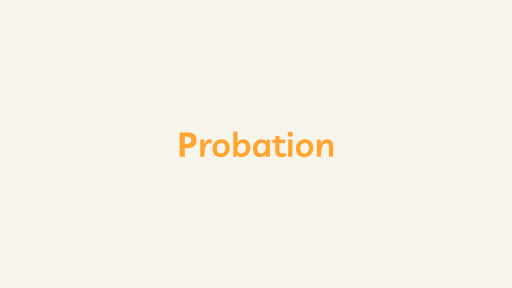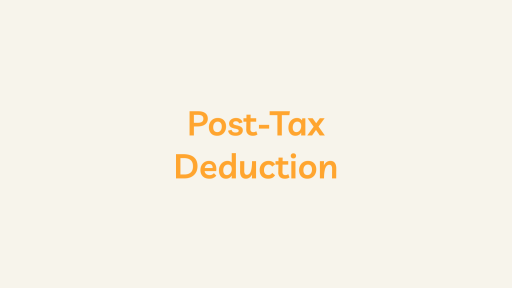What is a Performance Bonus?
A performance bonus is a type of financial incentive given to employees for achieving specific performance goals or targets. This type of bonus is often used as a motivational tool to encourage employees to increase productivity, improve job performance, and meet business objectives. This article will discuss the benefits of performance bonuses, how they work, and some tips for implementing an effective performance bonus program.
Benefits of Performance Bonuses
Performance bonuses offer several benefits to both employees and employers, including:
- Increased Motivation: Performance bonuses can increase employee motivation by providing a tangible reward for achieving specific goals.
- Improved Performance: Performance bonuses can improve job performance by encouraging employees to work harder, be more productive, and focus on achieving specific targets.
- Retention: Performance bonuses can help retain top-performing employees by providing a financial incentive for them to stay with the company.
- Teamwork: Performance bonuses can encourage teamwork and collaboration by tying bonuses to team performance, improving communication, and increasing productivity.
How Performance Bonuses Work
Performance bonuses are typically awarded based on achieving specific performance targets, such as meeting sales quotas, reducing costs, or improving customer satisfaction ratings. The bonus amount is usually a percentage of the employee’s salary, and the specific amount can vary based on the level of achievement.
Performance bonuses can be awarded on a one-time basis or as part of an ongoing program. Ongoing programs often involve regular performance reviews, where employees and managers set specific goals and targets and track progress toward them over time. At the end of the performance period, employees are awarded a bonus based on their level of achievement.
Tips for Implementing an Effective Performance Bonus Program
To implement an effective performance bonus program, consider the following tips:
- Set Clear Goals: Goals should be specific, measurable, achievable, relevant, and time-bound (SMART). This ensures that employees understand what is expected of them and can track progress toward achieving their targets.
- Tie Bonuses to Specific Targets: Bonuses should be tied to specific performance targets to ensure that employees are incentivized to achieve the most important objectives for the company.
- Make Bonuses Meaningful: Bonuses should be meaningful and significant enough to motivate employees to work harder and achieve their goals.
- Communicate Effectively: Communicate the performance bonus program clearly to employees, including how it works, how bonuses are calculated, and how they will be awarded.
- Evaluate and Adjust: Regularly evaluate the performance bonus program to ensure it is effective and meets the organization’s needs. Make adjustments as necessary to improve performance and increase employee motivation.
In conclusion, performance bonuses can effectively incentivize employees to increase productivity, improve job performance, and meet business objectives. Organizations can create a culture of accountability, collaboration, and continuous improvement by setting clear goals, tying bonuses to specific targets, and making bonuses meaningful.





